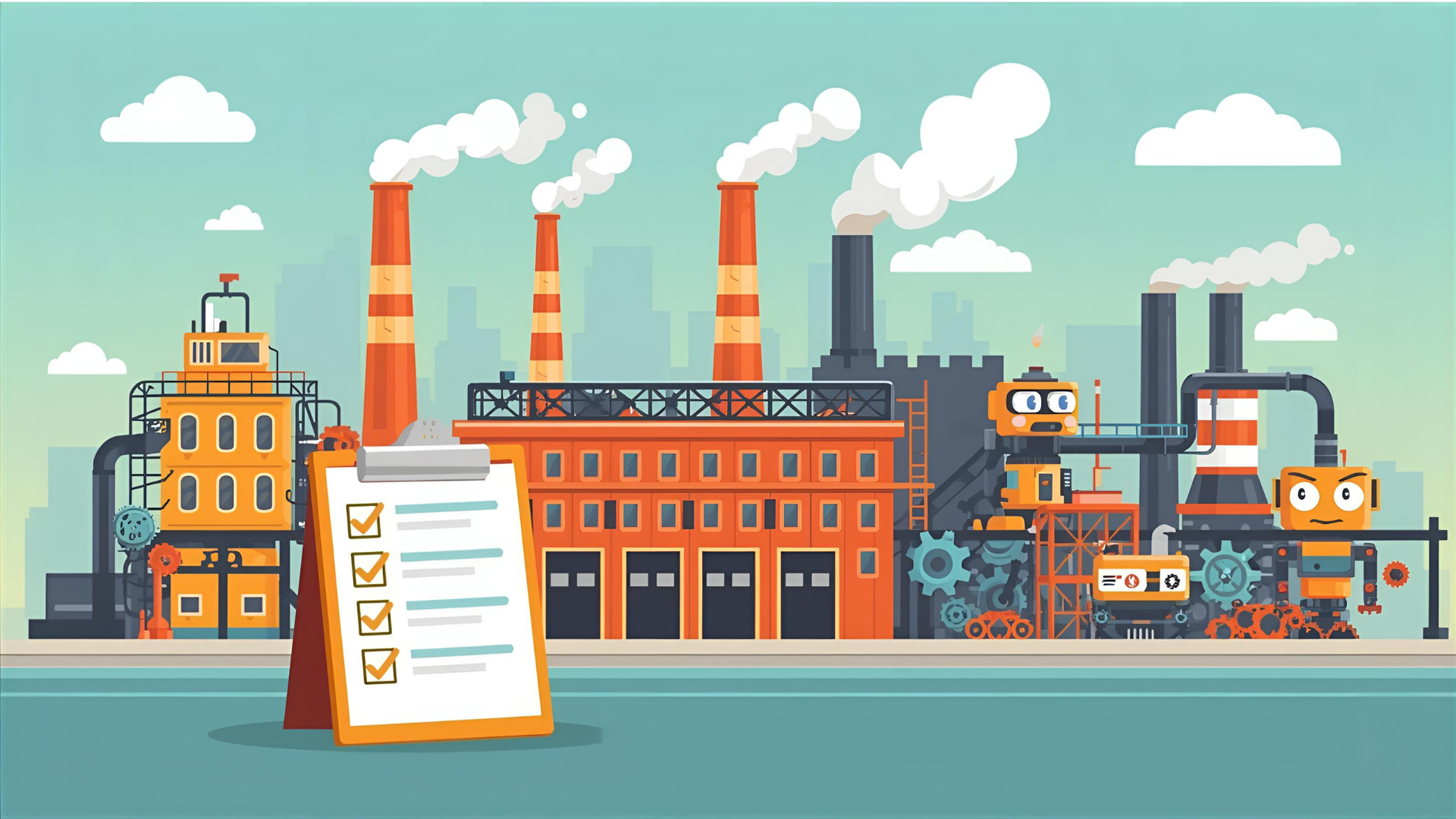Hidden Risks of Third-Party Apps: What SMBs and Manufacturers Need to Know
Modern businesses run on integrations. From CRM tools and payment processors to chatbots and analytics dashboards — third-party apps make work...
3 min read
![]() Totalcare IT
:
Updated on February 24, 2026
Totalcare IT
:
Updated on February 24, 2026
In manufacturing environments, efficiency matters — and that should start from the very first day an employee walks in the door. Unfortunately, many new hires spend their first day bogged down in paperwork, waiting for login credentials, or wondering where to go next. It's not only frustrating for them — it's inefficient for your HR and IT teams as well.
According to Gallup, only 12% of employees strongly agree that their company does a great job onboarding new employees. That signals a big opportunity for improvement — particularly through modern IT solutions.
With the right systems in place, manufacturers can transform onboarding from a fragmented, manual process into a streamlined, professional, and welcoming experience for new employees and internal teams alike.
The first 90 days of employment are essential. According to SHRM, 1 in 3 employees who quit within six months cite poor onboarding as a primary reason — and 15% say they received no onboarding at all.
In manufacturing, where safety, compliance, and hands-on training are vital from day one, poor onboarding isn’t just a talent issue — it’s a productivity and liability issue too.
In many manufacturing environments, onboarding still involves:
Repetitive manual paperwork
Multiple disconnected systems
Password issues and delayed system access
Poor communication between departments
These inefficiencies slow down new employees and frustrate your HR and IT teams alike. Common pain points include:
Paper-based processes that introduce errors and waste time
Role confusion, with new hires unsure of expectations or safety protocols
Inconsistent experiences across departments or locations
Delayed productivity due to slow tech provisioning and training access
With the right IT solutions, manufacturers can eliminate many of these challenges and improve onboarding efficiency, compliance, and employee engagement.
Once an offer is accepted, onboarding should begin — not wait for the employee's first shift.
Modern IT tools enable:
Preconfigured laptops or tablets delivered with software pre-installed
Email and system credentials shared before day one
Digital welcome packets, safety videos, and e-learning modules
Online completion of HR documents and benefit forms
A clear, mobile-accessible schedule for the first day
This helps your new hires feel confident and ready from the moment they arrive.
Your HR and IT teams don’t need to waste hours manually entering data across multiple systems. IT automation can handle:
Data entry into ERP and HR platforms
Background checks and compliance tracking
Access provisioning across production systems and employee portals
Automatic task reminders for HR, IT, and hiring managers
This streamlines operations while freeing up staff for higher-value tasks.
Training is a critical component of manufacturing onboarding — especially when it comes to safety and equipment handling. An integrated Learning Management System (LMS) can deliver:
Role-specific modules based on department or function
Interactive safety training (videos, quizzes, simulations)
Mobile access for learning on the production floor
Automated tracking of training completion and certifications
New employees become productive and compliant faster — and you have the documentation to prove it.
A single onboarding hub ensures consistency and access to everything new employees need:
Company policies and procedures
Shift schedules and site maps
Training content and HR resources
Communication tools like Microsoft Teams or Slack
With one login, employees can access everything from any device — reducing confusion and administrative support needs.
IT platforms provide real-time data on onboarding performance, such as:
Time to productivity by department or role
Completion rates for training and documentation
Drop-off points where employees get stuck
Satisfaction surveys from new hires
This insight allows you to continuously improve your onboarding process and identify gaps before they become problems.
Not every new hire needs the same onboarding path. A welder, a production planner, and a plant manager will all require different tools, access, and training.
IT solutions make it easy to:
Build role-specific onboarding workflows
Assign team mentors automatically
Recommend learning paths based on experience and job function
Customize communication styles (self-paced vs. structured check-ins)
This ensures each new hire receives a relevant, productive experience.
Supervisors and floor managers are essential to onboarding success, but their time is limited. IT tools help by automating manager tasks and reminders, such as:
30-, 60-, and 90-day check-ins
Task tracking dashboards
Performance and progress feedback collection
This makes it easier for managers to stay engaged and support new hires effectively without adding to their workload.
Effective onboarding in manufacturing goes beyond filling out forms and logging into a system. It’s about safety, productivity, culture, and clarity — all of which can be enhanced through better technology.
From preboarding to personalized training and post-hire analytics, IT services can help you reduce turnover, improve engagement, and accelerate the time it takes for new employees to contribute.
Ready to upgrade your onboarding process? Contact TotalCare IT today and discover how our solutions can help manufacturing companies like yours build a faster, smarter, and more consistent onboarding experience.

Modern businesses run on integrations. From CRM tools and payment processors to chatbots and analytics dashboards — third-party apps make work...

In manufacturing, it’s not just machines that need to run efficiently—your information needs to flow just as smoothly. But when part specs get...

How clean, high-quality data boosts efficiency, accuracy, and output on the factory floor Nobody builds a facility on a weak foundation—so why run...